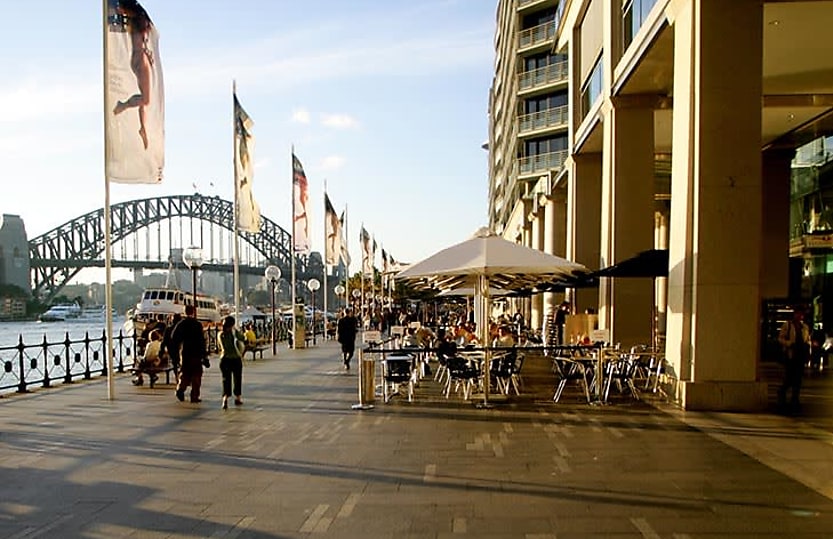SMEs face recession-like conditions as consumer spending dries up

Low demand but high cost pressures are hitting hospitality businesses the hardest, CreditorWatch says.
“Very weak” consumer spending means small businesses will feel like they are in a recession, with hospitality and education businesses hit the hardest, data shows.
According to CreditorWatch, small hospitality businesses had the most tax debts owed to the ATO last month and topped the agency’s insolvency rankings with 1 in 13 at risk of going bust in the next 12 months.
Business-to-business payment defaults also reached a record high in April, up 69.4 per cent year-on-year.
Chief economist Anneke Thompson said “very weak” levels of consumer spending were hurting customer-facing businesses, particularly smaller businesses that were on tighter budgets and unable to cut costs through lay-offs.
“While Australia is far from being in a technical recession, business conditions will feel recessionary to most businesses that rely on consumer spending, particularly those businesses located in ‘mortgage belt’ areas of our capital cities,” she said.
Small businesses in the food and beverage services industry were faring the worst as they were the most exposed to changes in consumers’ discretionary spending.
Facing pressures such as power prices and ingredients as well as labour shortages, they had a 1.65 per cent default rate on ATO tax debts greater than $100,000 – the highest of all industries ranked by CreditorWatch.
Construction businesses came second at 1.14 per cent and public administration businesses were third at 0.96 per cent.
Hospitality businesses also had the highest rate of external administrations at 1.48 per cent. All external insolvencies were up 48 per cent year-on-year, with businesses in education and training experiencing the greatest change (104 per cent growth year-on-year).
CreditorWatch CEO Patrick Coghlan said recession-like conditions would only get worse for businesses in the hospitality sector in the short term, with the outlook not set to improve until the middle of 2025.
“The outlook for hospitality businesses is not likely to improve until we see a lift in consumer spending,” he says. “And that is not going to happen until the impacts of one or two rate cuts filter through to households. We don’t anticipate that being felt until at least the second half of next year.”
CreditorWatch said it was “highly unlikely” cost-of-living initiatives in the federal budget such as the $300 household energy rebate would be enough to persuade consumers to open their wallets to any great degree.
High mortgage repayments, rents, food and transport costs also meant lower income tax rates from July 1 would also fail to alleviate financial pressure for most households to warrant an improvement in 2024, it said.
The outlook comes despite the government forecasting continued growth over the next three years.
Latest forecasts in the federal budget predicted real GDP to grow by 2 per cent in 2024-25 and 2.25 per cent in 2025-26. Interest rates and repayments meant household demand would barely grow at just 0.25 per cent this year.
About the author







